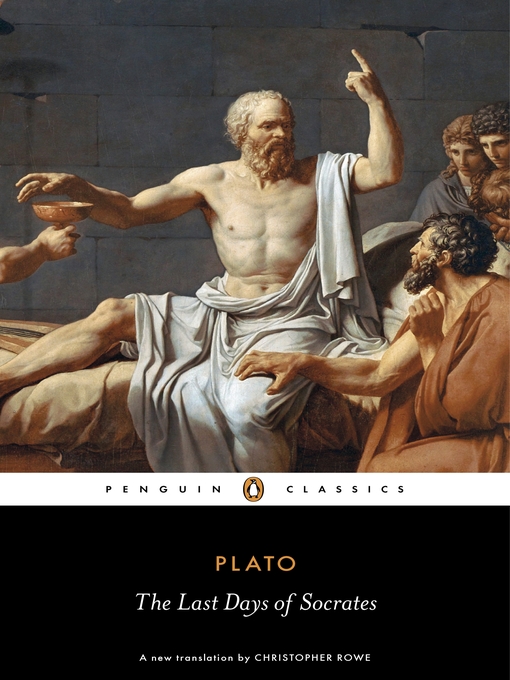Euthyphro/Apology/Crito/Phaedo
'Nothing can harm a good man either in life or after death'
The trial and condemnation of Socrates on charges of heresy and corrupting young minds is a defining moment in the history of classical Athens. In tracing these events through four dialogues, Plato also developed his own philosophy of a life guided by self-responsibility. Euthyphro finds Socrates outside the court-house, debating the nature of piety, while the Apology is his robust rebuttal of the charges against him. In the Crito, awaiting execution in prison, Socrates counters the arguments of friends urging him to escape. Finally, in the Phaedo, he is shown calmly confident in the face of death.
Translated by HUGH TREDENNICK and HAROLD TARRANT with an Introduction and notes by HAROLD TARRANT
- Reading and Ruminating
- Staff Reads
- Big Bowl of Cozy: Soups, Slow, and Multicookers
- Pumpkin Spice and Everything Nice
- Resistance
- For Fans of The Hunting Wives
- Dark Academia
- Literary Longlists
- Washington State Authors
- Women in Translation
- Flower Power
- Short 'n' Sweet
- Bans off Our Books
- See all ebooks collections
- Hear the Holidays ❄️
- Available now Audiobooks
- Just Added Audiobooks
- Hear the Dark Academia
- Lively Listens: Audiobooks with Multiple Narrators
- Queerly Beloved
- Award Winning Audiobooks
- Quick Stories
- Full Cast Audiobooks
- Pacific Northwest Authors & Settings
- Agatha Christie and Friends
- Books about Books
- Uplifting Listens
- See all audiobooks collections
- News & Politics
- Celebrity
- Health & Fitness
- Food & Wine
- Fashion
- Tech & Gaming
- Business & Finance
- Revistas
- Cars & Motorcycles
- Home & Garden
- See all magazines collections
